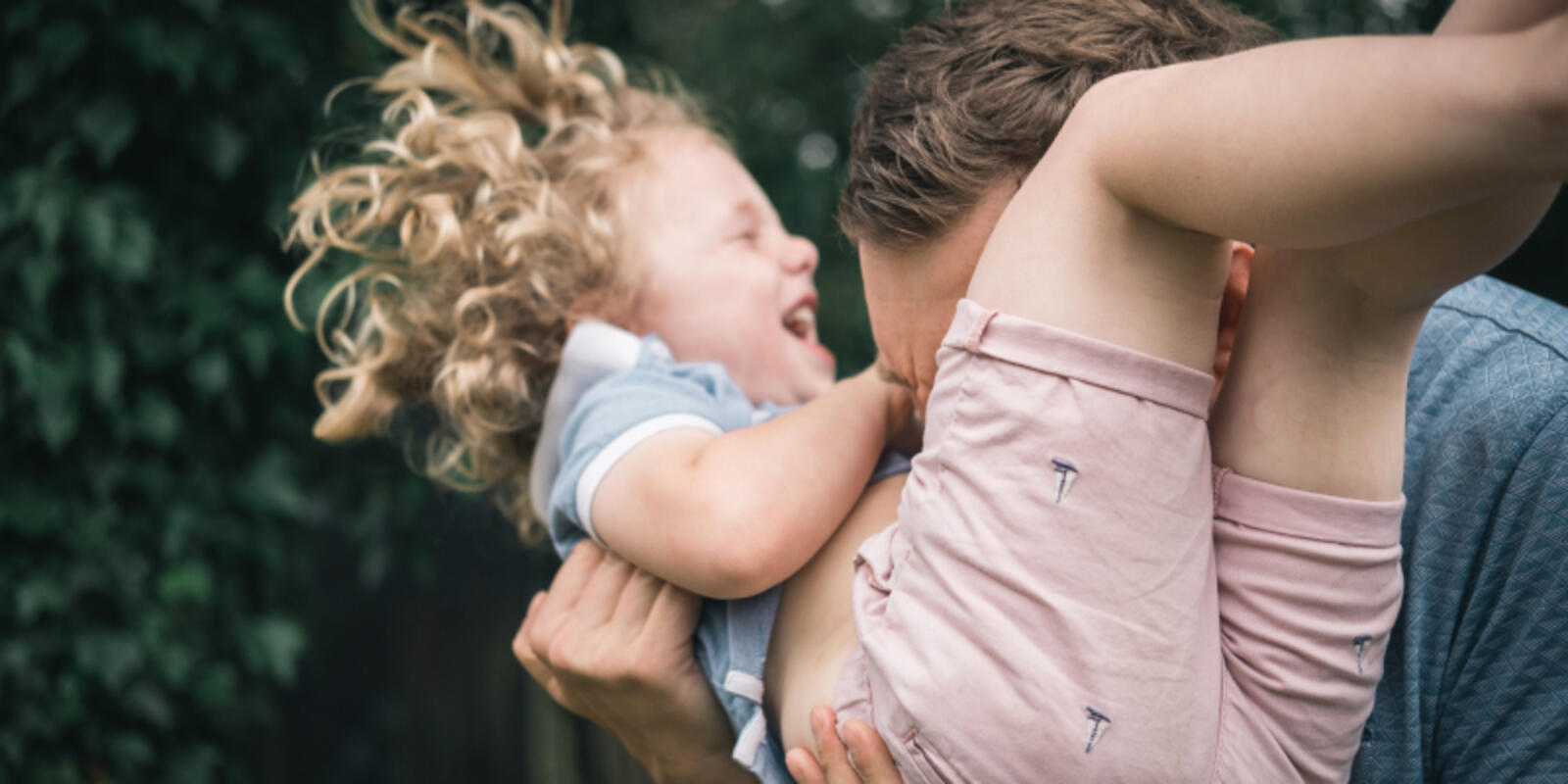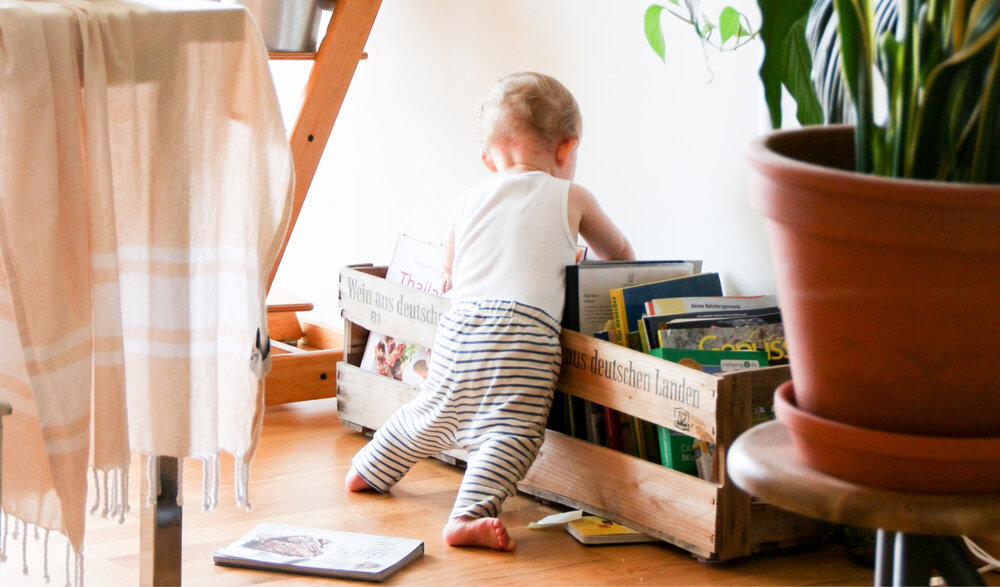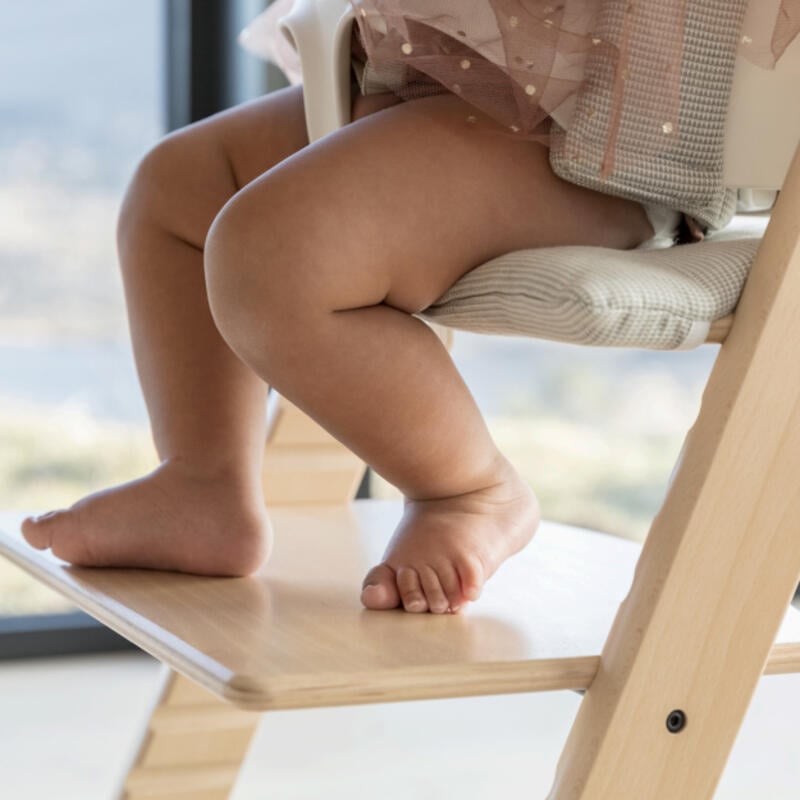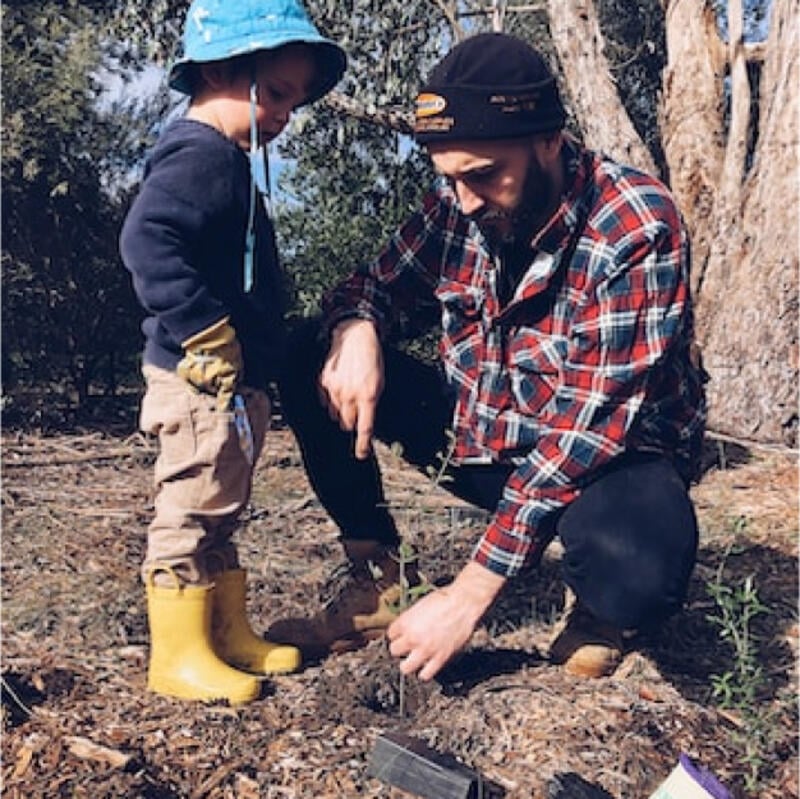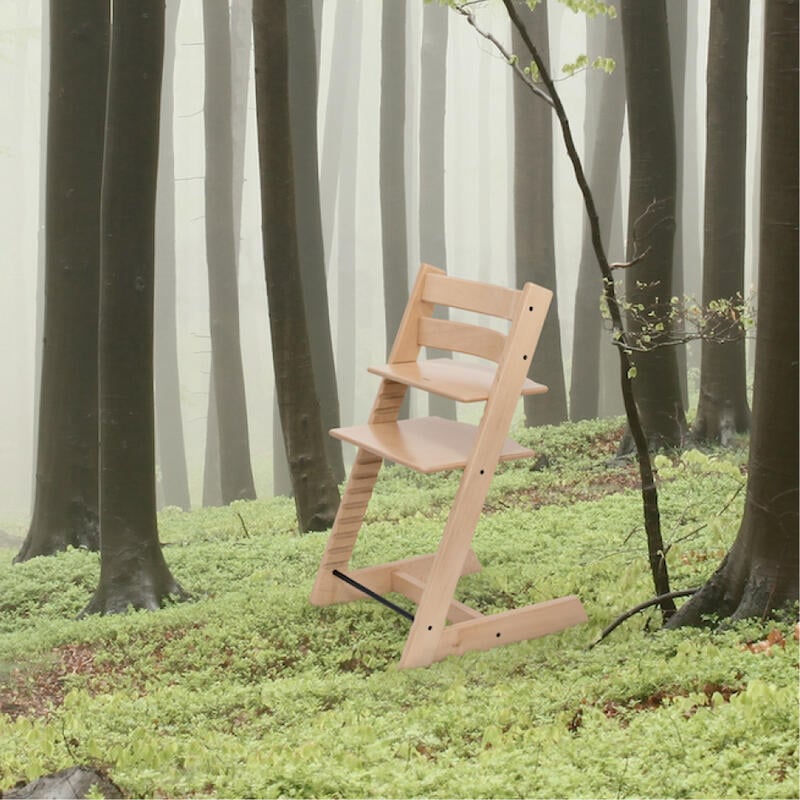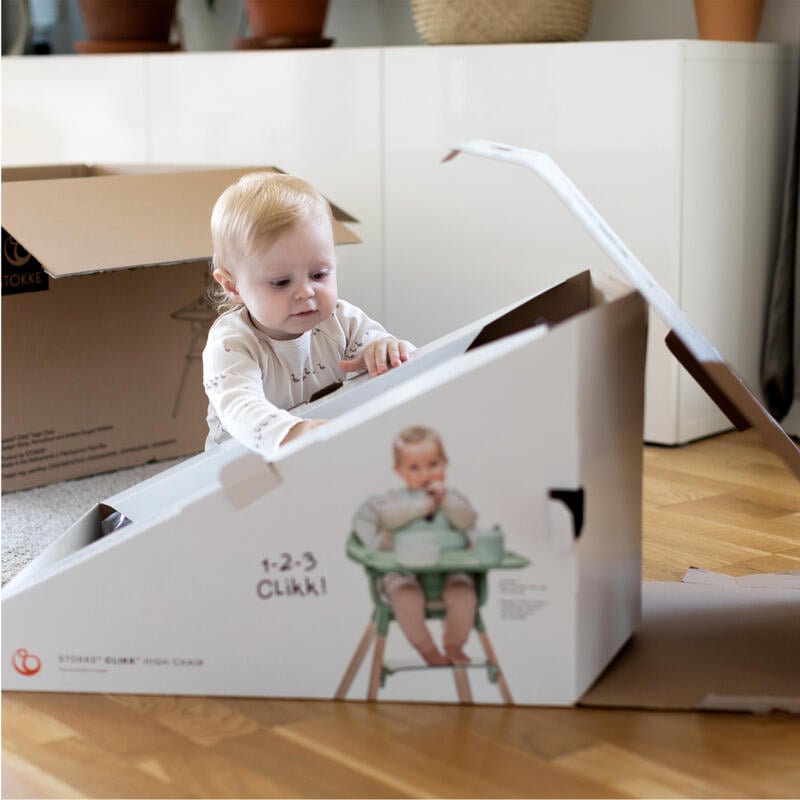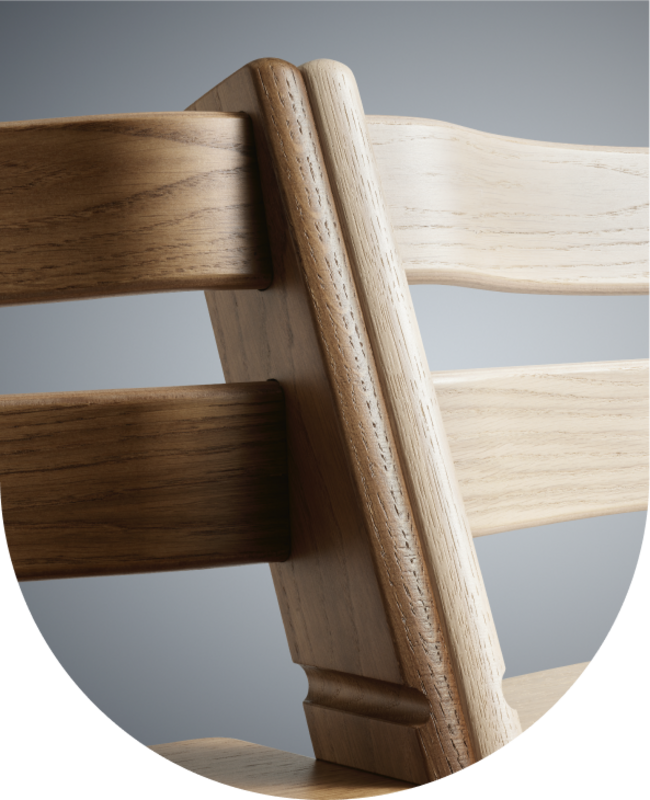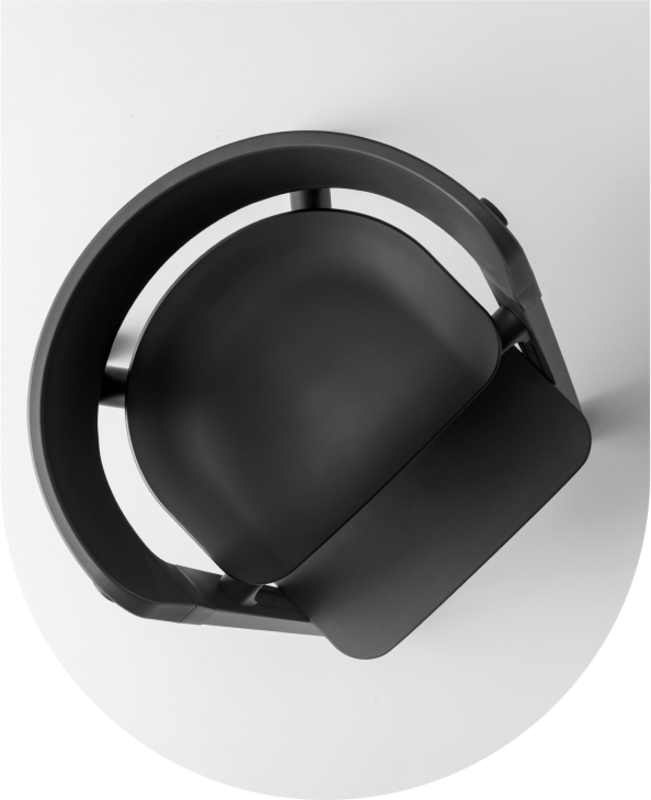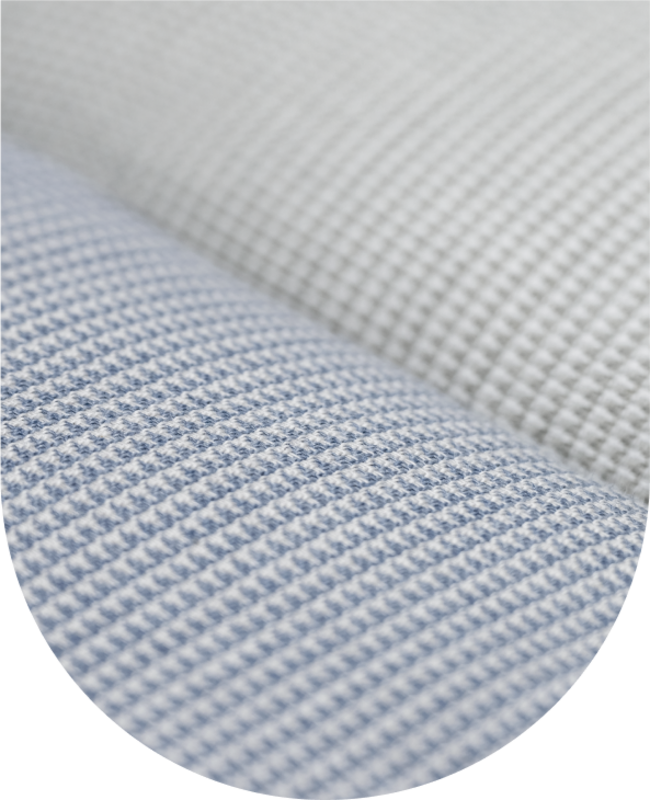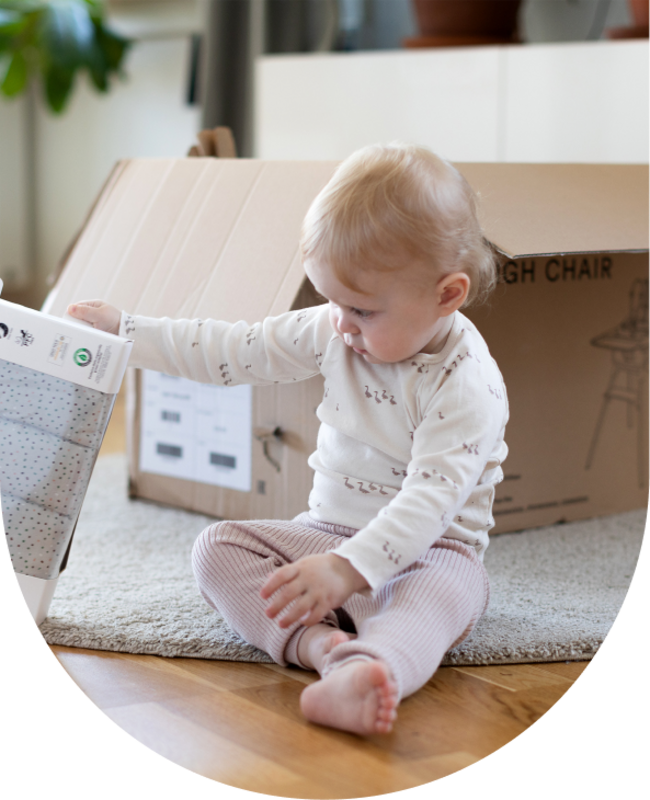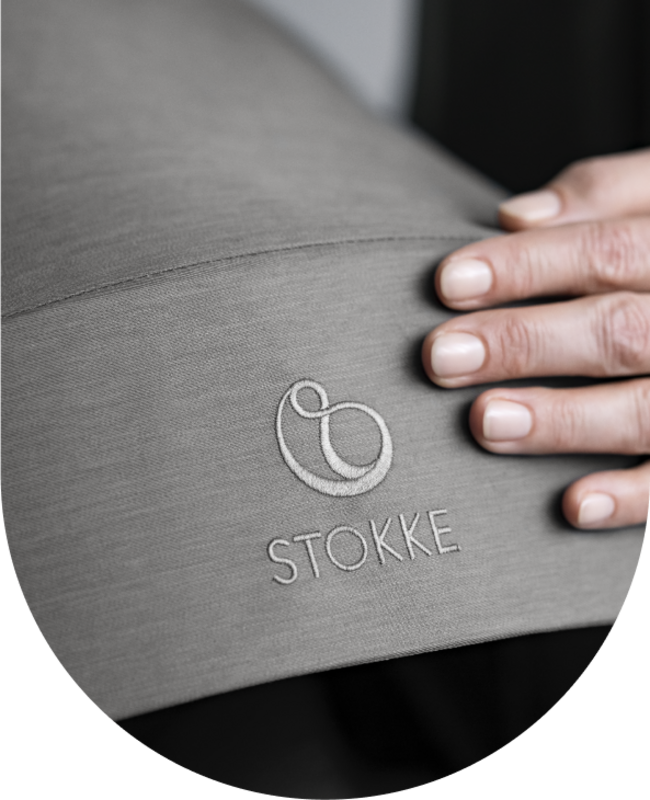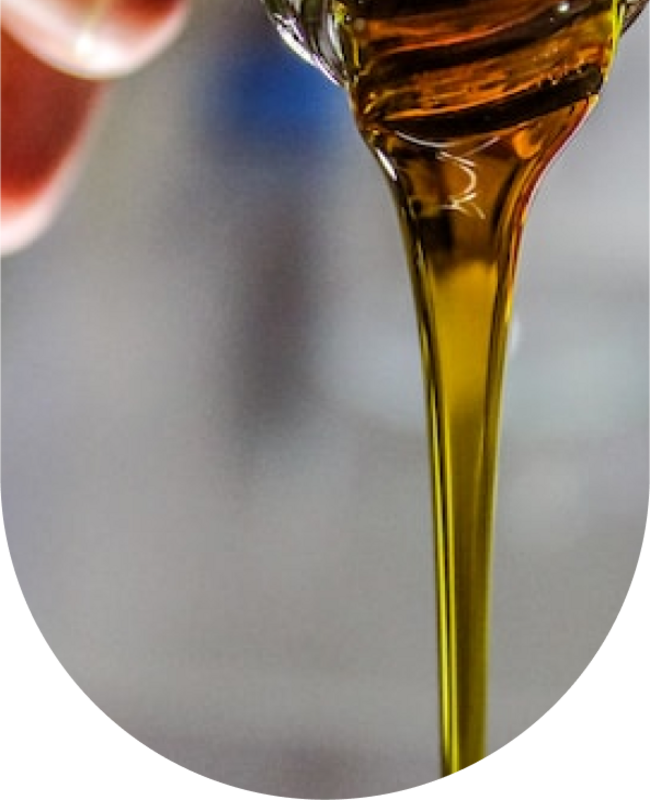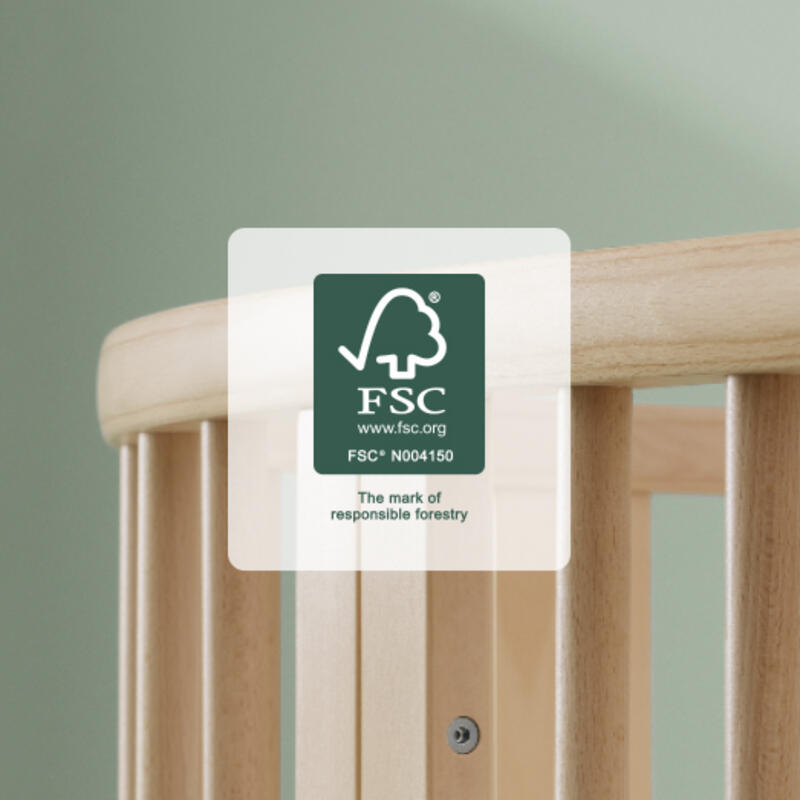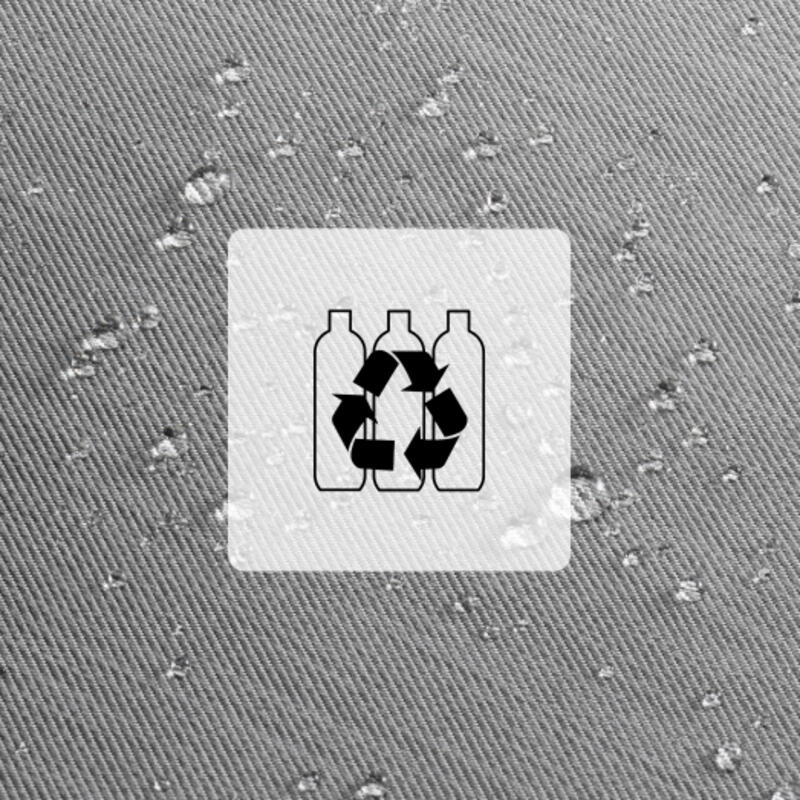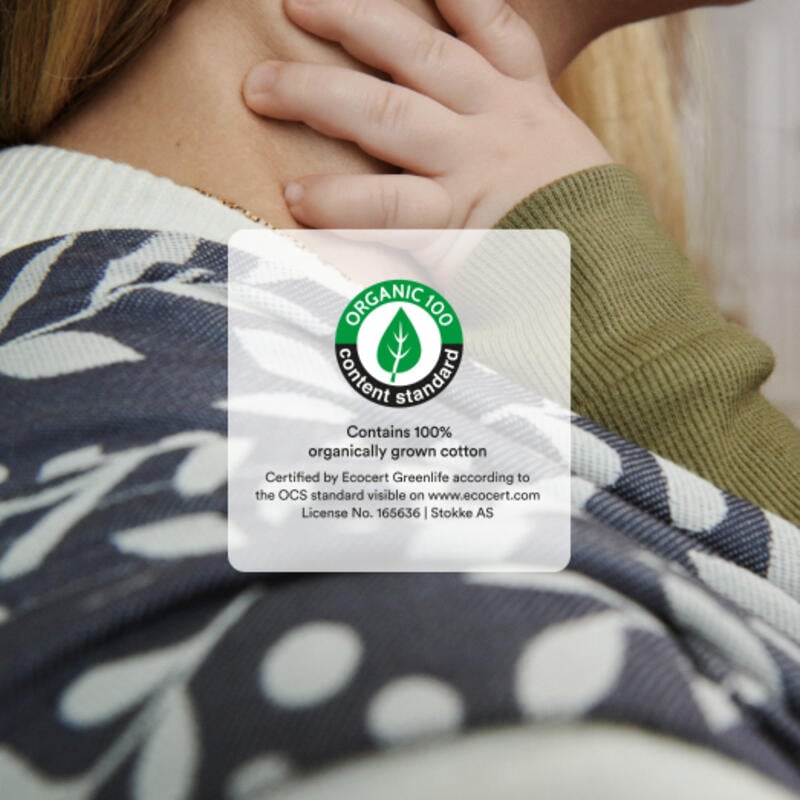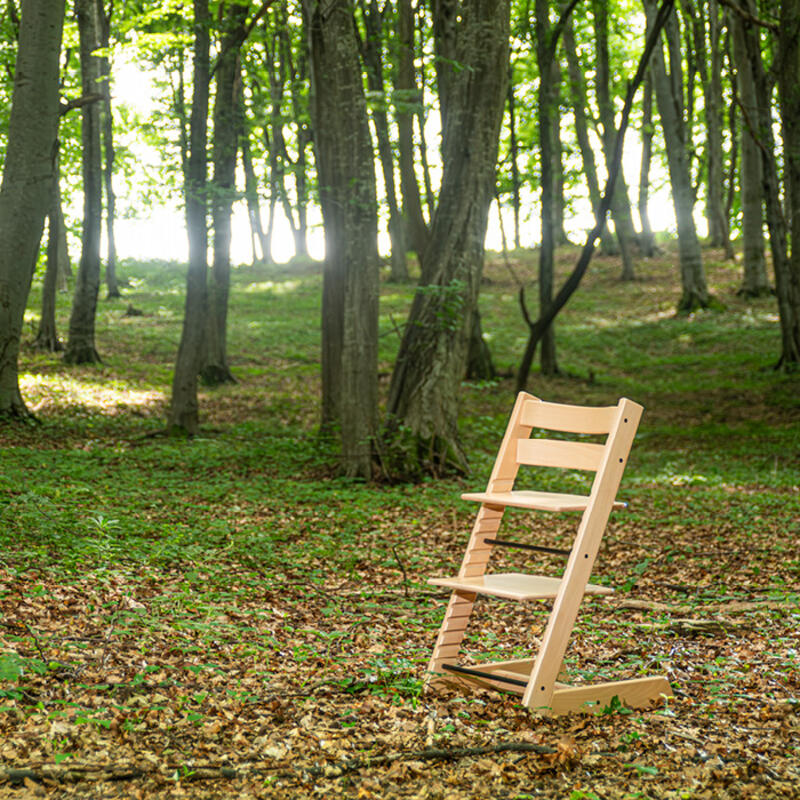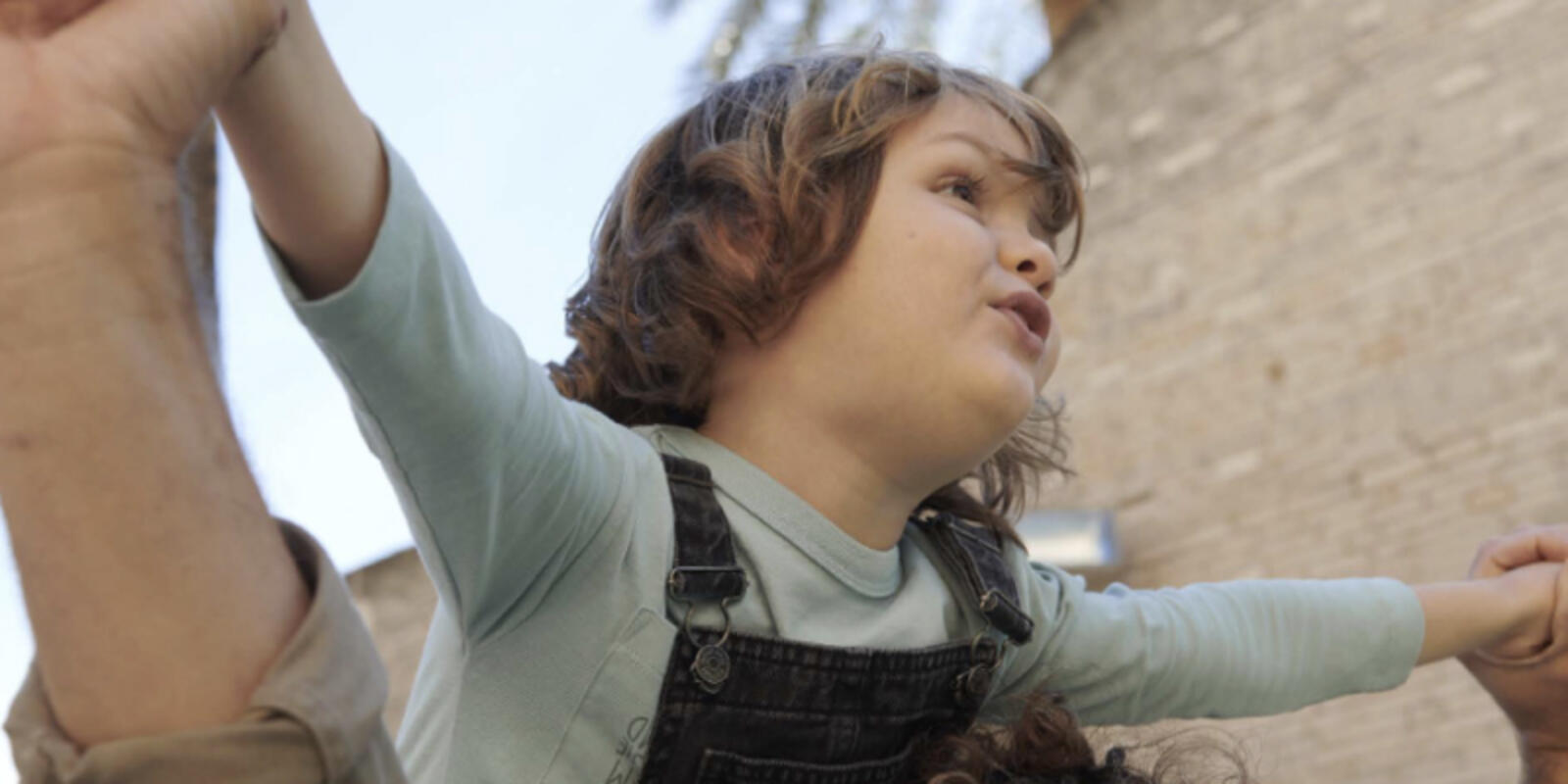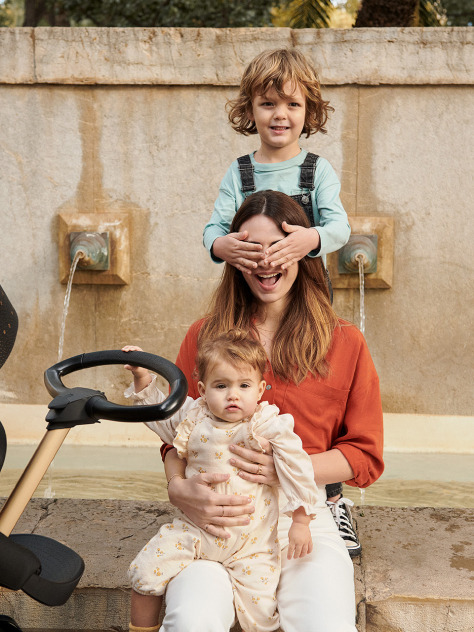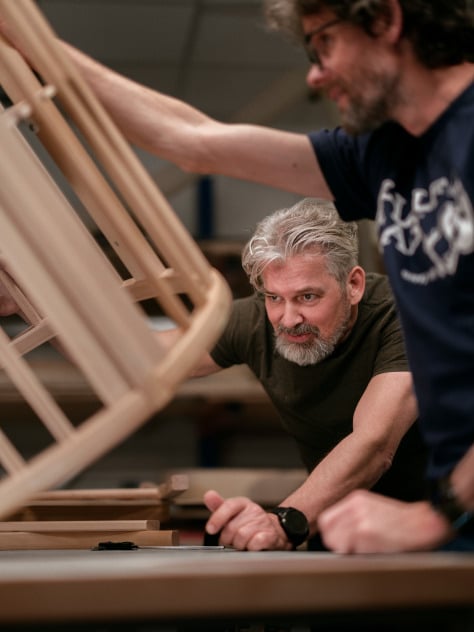Environment
Caring for children is caring for the planet
We recognise our role in making the world a better place, and that our actions can make a real difference. We will continue to prioritise sustainability to create a more sustainable future for all of us.
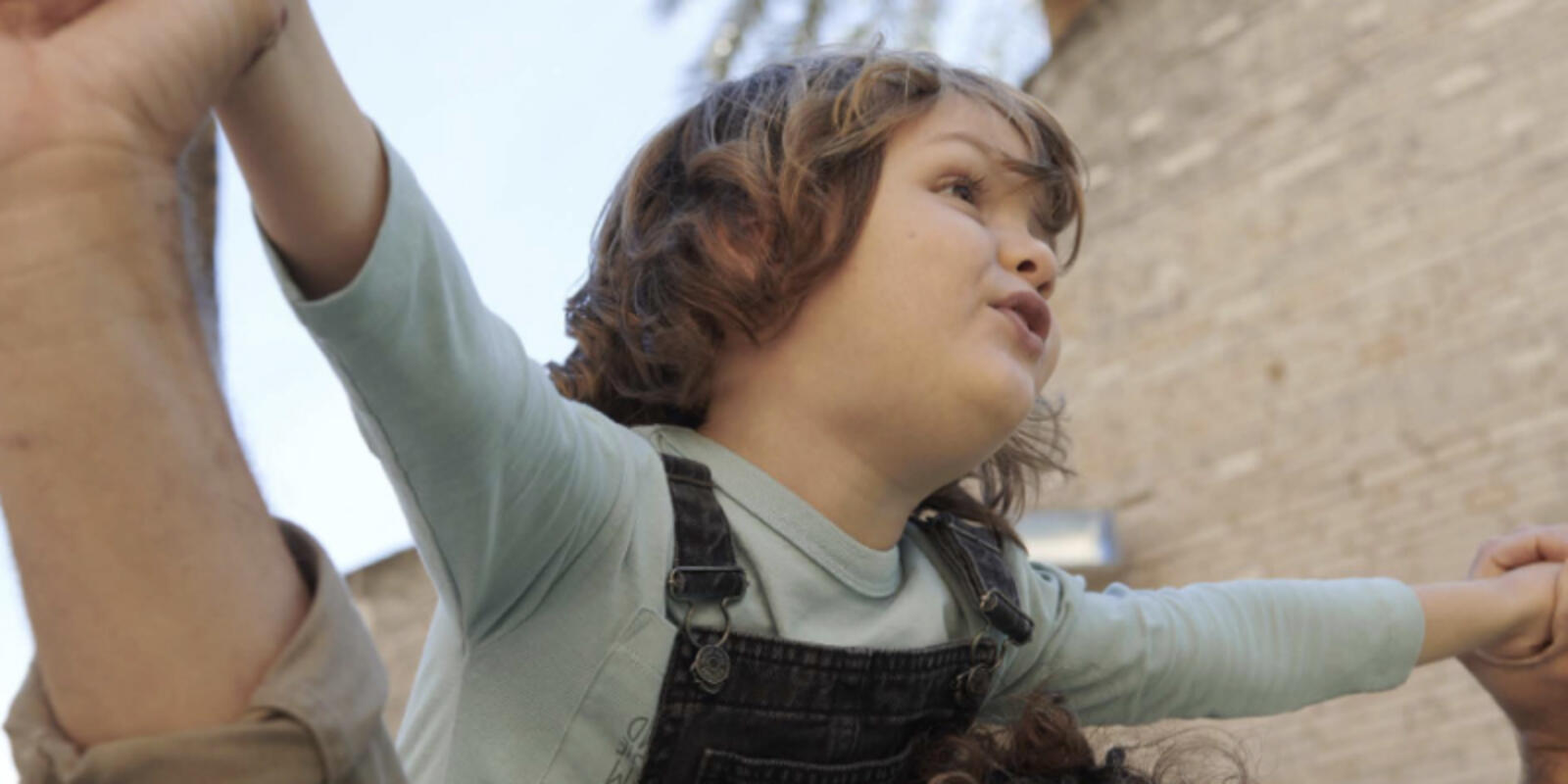
Steps we’ve taken in the right direction
In a world with a growing population, the well-being of children is instrumental to ensure sustainable societies. This is why we do what we can to be socially and environmentally responsible. This is a work in progress, but our sustainability strategy aspires to make Stokke the obvious choice for parents who want to see change.
Since 2020, sustainability has been one of our three core value propositions, aimed at making a significant impact on children and families while minimizing our environmental impact. Our Sustainability Strategy is based on five of the UN Sustainable Development Goals (SDGs).
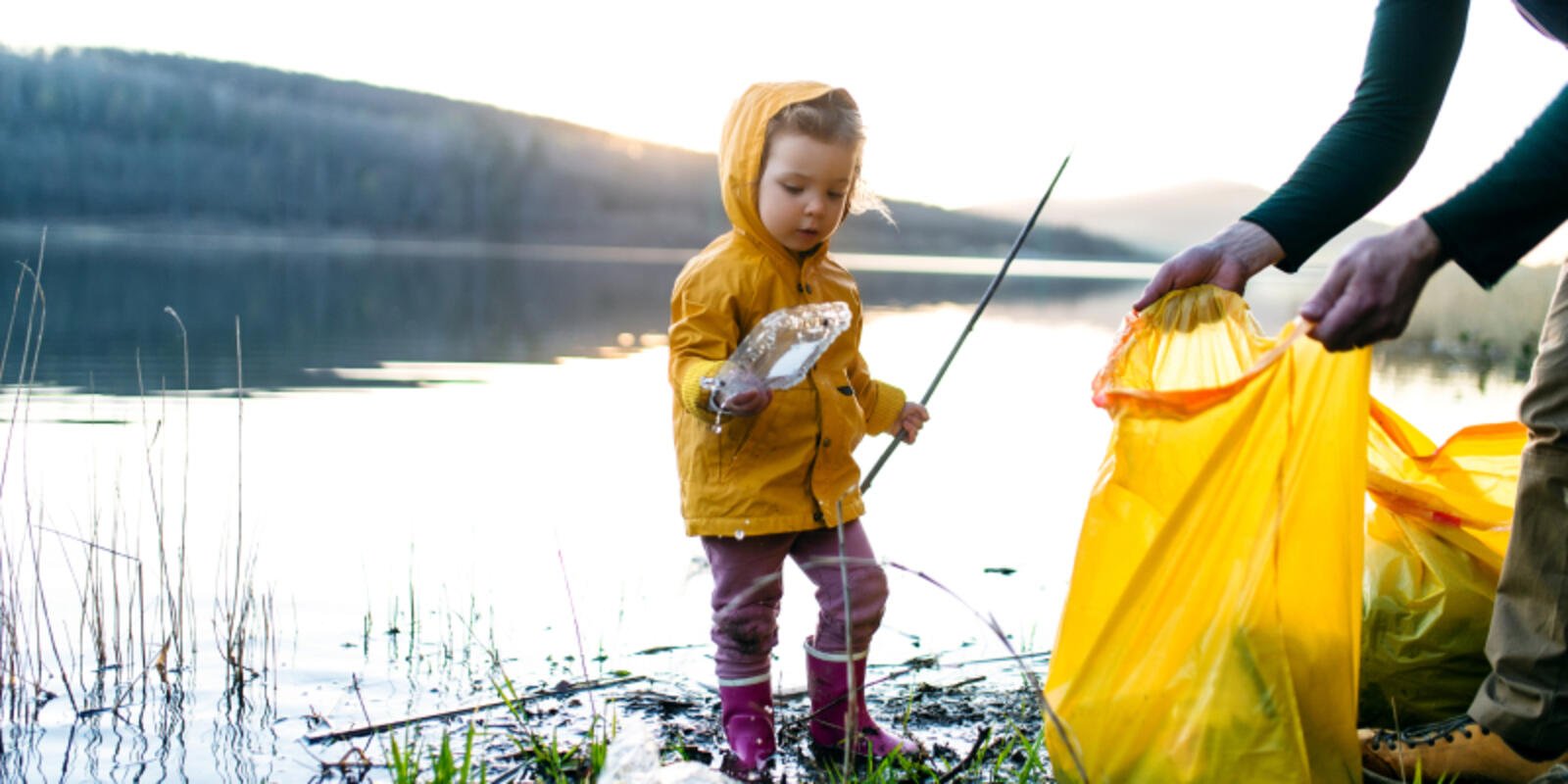
Our design philosophy
Grow-with-the-child design & functionality
The most sustainable products are those you do not have to replace. That's why we use high-quality and long lasting materials, combined with grow-with-your-child functionality and timeless design.
